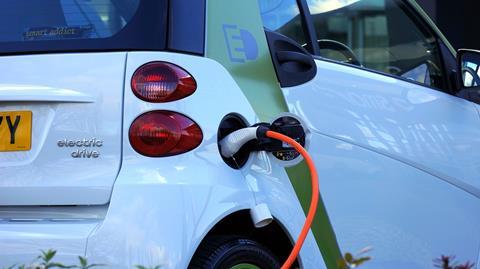Taiwan is moving from the smartphone to the electric vehicle (EV) as it enters a new chapter in its tech-based manufacturing.

That’s according to a new report by TechOrange, following the launch of three EV prototypes early in October by Taiwanese tech multinational, Foxconn.
Compared to the previous era characterised by smartphone, this new page of smart mobility is widely expected in Taiwan to be the next growth sector.
Thanks to Foxconn’s MIH platform and its successful demonstration, Taiwanese electronics manufacturers have been hopeful to hit into the global EV supply chain. However, the transition from manufacturing smartphones to making cars is not without its pitfalls.
Bob Wang, a former official at Apple’s Special Projects Group and now the Chief Digital Officer of Taiwan’s Industrial Technology Research Institute (ITRI), indicated that it wouldn’t an easy job.
With two decades of experiences in developing autonomous driving technologies, Wang noted the tremendous efforts needed to achieve hardware-software integration for automotive applications. Nevertheless, he recognized the growth potential of EVs, and considered it inevitable for software companies to transform themselves for the EV era.
With the increasing number of sensors and the rising computation power demanded by smart vehicles, “software-defined” is the trend of future vehicles.
Recognising this growing role of software, companies like Google and Apple have naturally taken a keen interest in the automotive industry. Microsoft, missing out in the smartphone era, has also been seeking a larger role in the auto industry.
Cathy Yeh, Principal PM Manager at Microsoft’s Cloud and AI Engineering Group, also pointed out the importance of software-hardware integration as well as the data-driven nature of EVs, calling it an ideal sector for an AI and cloud-focused company like Microsoft.
However, she also drew attention to the stringent safety requirements in the auto industry: one can always restart a smartphone in the case of malfunction, but such isn’t an option when the car is still driving.
Such new safety requirements have made it necessary to re-write many items of software. According to Yeh, Microsoft will focus on the development of automotive software, even an automotive “App Store”, in comparison to Google and Apple, which seek to build its own self-driving vehicles.















No comments yet